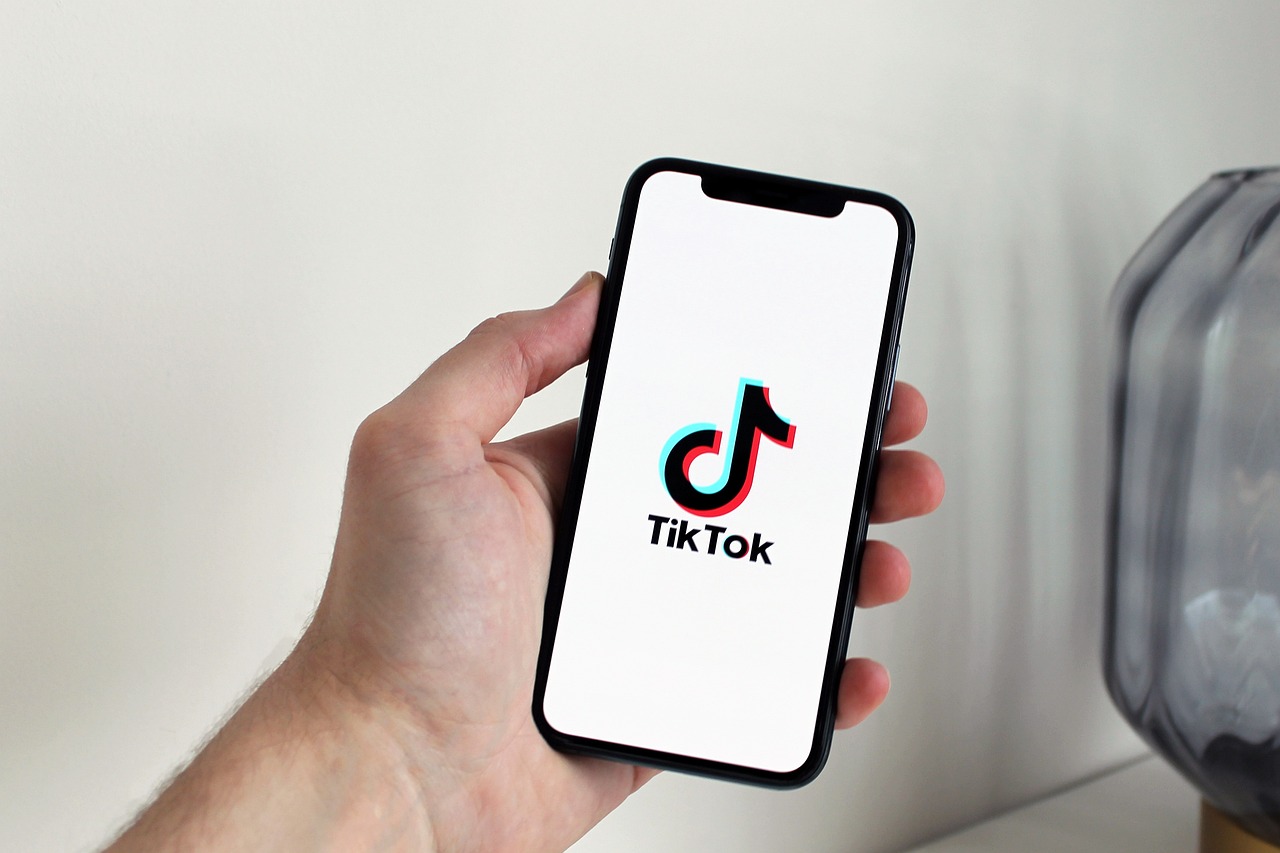The debate over banning TikTok in the U.S. has reached a critical point following a Supreme Court ruling requiring its Chinese parent, ByteDance, to divest or face a ban. This decision amplifies uncertainty as legal, political, and corporate dynamics play out.
Prediction markets like Polymarket estimate an 80% chance of a ban, driven by national security concerns. However, the incoming administration, led by President-elect Donald Trump, opposes the law. In December, Trump sought to delay its implementation, but the Supreme Court overruled his efforts.
If enforced, the ban would rely on major tech players like Apple and Google to remove TikTok from app stores, making it inaccessible to new users. Existing users could face app inoperability as ISPs and service providers stop support. ByteDance has hinted it may shut down TikTok’s U.S. operations entirely if the ban holds.
Despite these challenges, analysts at Moffett Nathanson highlight the situation’s fluidity. The new administration could delay or repeal the law, and TikTok executives remain optimistic about a potential reemergence, possibly after a divestiture.
Competitors like Meta’s Instagram Reels and YouTube Shorts stand to gain if TikTok exits the market, potentially boosting their revenues by 3-15%. Snapchat could also capture some of TikTok’s younger users. Yet, initial stock reactions suggest skepticism about the ban's permanence and the extent of competitors’ benefits.
The evolving landscape leaves TikTok’s future uncertain, with significant implications for users, advertisers, and the broader tech ecosystem.



 Nvidia CEO Jensen Huang Says AI Investment Boom Is Just Beginning as NVDA Shares Surge
Nvidia CEO Jensen Huang Says AI Investment Boom Is Just Beginning as NVDA Shares Surge  Ford and Geely Explore Strategic Manufacturing Partnership in Europe
Ford and Geely Explore Strategic Manufacturing Partnership in Europe  Instagram Outage Disrupts Thousands of U.S. Users
Instagram Outage Disrupts Thousands of U.S. Users  Meta Faces Lawsuit Over Alleged Approval of AI Chatbots Allowing Sexual Interactions With Minors
Meta Faces Lawsuit Over Alleged Approval of AI Chatbots Allowing Sexual Interactions With Minors  Nintendo Shares Slide After Earnings Miss Raises Switch 2 Margin Concerns
Nintendo Shares Slide After Earnings Miss Raises Switch 2 Margin Concerns  Uber Ordered to Pay $8.5 Million in Bellwether Sexual Assault Lawsuit
Uber Ordered to Pay $8.5 Million in Bellwether Sexual Assault Lawsuit  TrumpRx Website Launches to Offer Discounted Prescription Drugs for Cash-Paying Americans
TrumpRx Website Launches to Offer Discounted Prescription Drugs for Cash-Paying Americans  SpaceX Pushes for Early Stock Index Inclusion Ahead of Potential Record-Breaking IPO
SpaceX Pushes for Early Stock Index Inclusion Ahead of Potential Record-Breaking IPO  Court Allows Expert Testimony Linking Johnson & Johnson Talc Products to Ovarian Cancer
Court Allows Expert Testimony Linking Johnson & Johnson Talc Products to Ovarian Cancer  Australian Scandium Project Backed by Richard Friedland Poised to Support U.S. Critical Minerals Stockpile
Australian Scandium Project Backed by Richard Friedland Poised to Support U.S. Critical Minerals Stockpile  Nvidia Nears $20 Billion OpenAI Investment as AI Funding Race Intensifies
Nvidia Nears $20 Billion OpenAI Investment as AI Funding Race Intensifies  OpenAI Expands Enterprise AI Strategy With Major Hiring Push Ahead of New Business Offering
OpenAI Expands Enterprise AI Strategy With Major Hiring Push Ahead of New Business Offering  Supreme Court Signals Doubts Over Trump’s Bid to Fire Fed Governor Lisa Cook
Supreme Court Signals Doubts Over Trump’s Bid to Fire Fed Governor Lisa Cook  Google Halts UK YouTube TV Measurement Service After Legal Action
Google Halts UK YouTube TV Measurement Service After Legal Action  US Judge Rejects $2.36B Penalty Bid Against Google in Privacy Data Case
US Judge Rejects $2.36B Penalty Bid Against Google in Privacy Data Case  Sony Q3 Profit Jumps on Gaming and Image Sensors, Full-Year Outlook Raised
Sony Q3 Profit Jumps on Gaming and Image Sensors, Full-Year Outlook Raised  Supreme Court Signals Skepticism Toward Hawaii Handgun Carry Law
Supreme Court Signals Skepticism Toward Hawaii Handgun Carry Law 





























